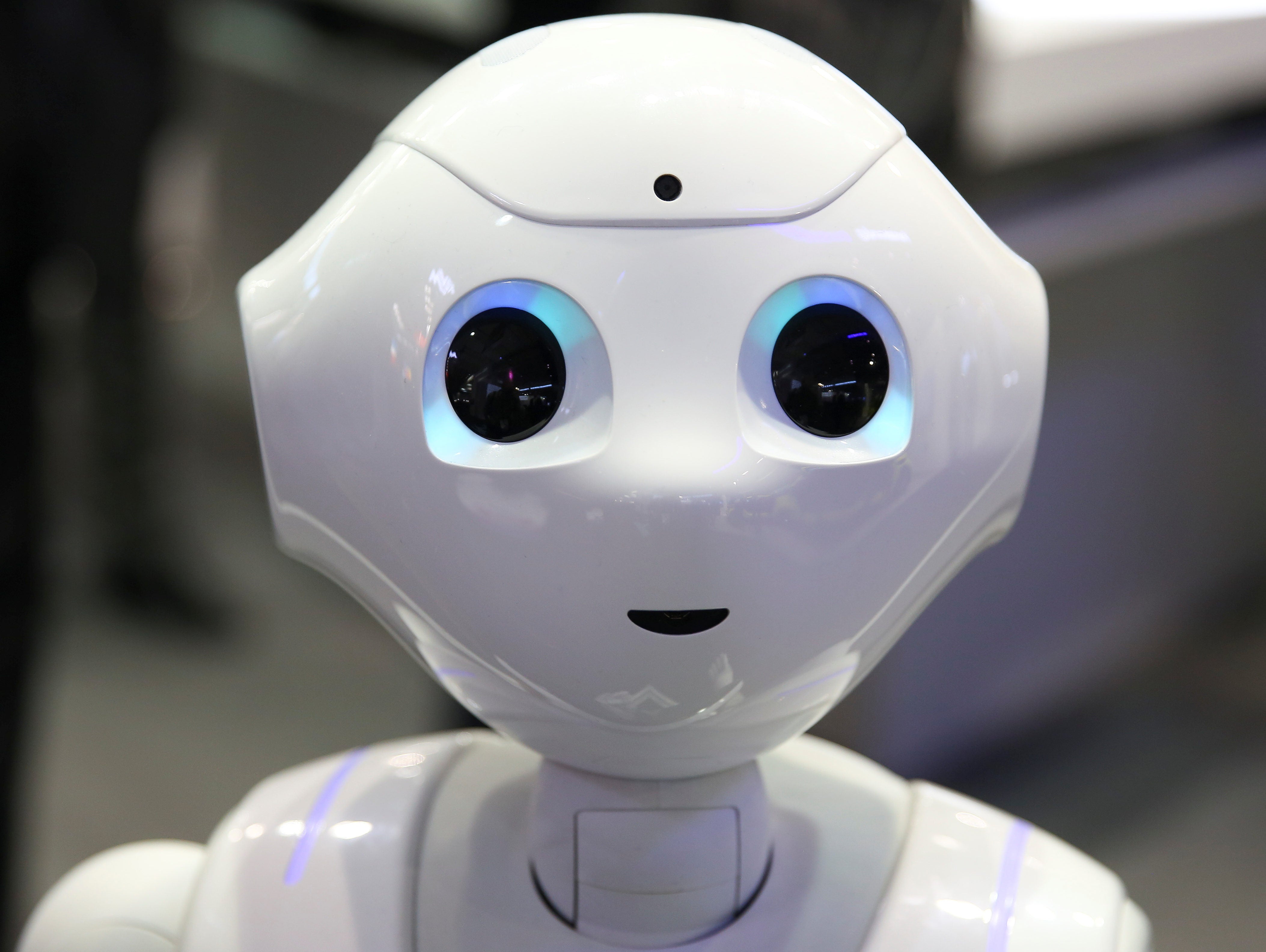
AI is already making its presence felt in newsrooms around the world but its negative impact may be less than feared, a new study has suggested.
The study, Large Language Models, Small Labor Market Effects by researchers from the University of Copenhagen and the University of Chicago, focused on “exposed” professions that could be affected by generative AIs, including journalism.
The research found that journalists are already adopting AI tools in the newsroom, many with encouragement from their employers, but that AI has had no impact on earnings or hours recorded in journalism.
For journalists themselves, using these AI tools appears to be something of a mixed blessing. Software developers are more than twice as likely to report increased job satisfaction from using chatbots compared to journalists (30.5% compared to 12.6%).
The study was based on two survey rounds in late 2023 and 2024, each covering 25,000 people across multiple professions in Denmark.
Anders Humlum, assistant professor of Economics at the University of Chicago, Booth School of Business, said journalists are “at the forefront” of AI chatbot adoption among the employees surveyed in the research.
He told Press Gazette: “Most employers encourage their use, many offer in-house chatbots (often customised versions of ChatGPT), and provide training on how to use them.
“Journalists report similar benefits to those seen in other occupations, with 67% of journalists saying the tools save time, though the reported time savings are at the lower end of those reported in other occupations.
“However, only 12.6% of journalists say that chatbots have improved their job satisfaction, a share that is lower than in other occupations. Finally, in terms of economic outcomes, as in other occupations, AI chatbots have had no significant effect on journalists’ earnings or recorded hours.”
The survey stands in contrast to other research, with a survey by Pressat of 2,000 journalists around the world finding this month that 57.2% of journalists believe AI could displace jobs.
The Copenhagen/Chicago researchers wrote: “Overall, our findings challenge narratives of imminent labour market transformations due to generative AI.
“While adoption has been rapid, with firms now heavily invested in unlocking the technological potential, the economic impacts remain small.”
AI time saving for journalists minimal but it’s reinvested elsewhere
Employers in the media sector are already investing heavily in AI, the survey found, with investment in AI journalism “particularly widespread”, alongside the marketing sector.
Adoption and use of AI in journalism is second only to the marketing and software development sectors with more than 70% of journalists saying AI use is “encouraged or allowed”.
More than half of journalists say there is a specific AI chatbot in-house (either customised or off-the-shelf) and more than 40% say they have had training in the use of AI.
Journalists use AI to brainstorm story ideas, angles and interview questions, for drafting article outlines, summaries and breaking news reports, and for summarising research materials and interview transcripts.
While time saved is relatively minimal (a few minutes per day), 80% of workers say they reinvest that time in other tasks, while 25% use it to invest more time in the task they are currently working on.
Other tasks appear to be caused by AI itself, such as fact-checking and editing AI-generated content and ensuring AI-generated content abides by journalistic ethics. The survey found that chatbots have created new tasks for 8.4% of workers.
The researchers say that for journalists, as for the other professions in the study, AI has so far had “minimal impacts” on earnings, hours and wages.
The researchers write: “A direct survey questions, Have AI chatbots affected your labour earnings?, confirms that workers overwhelmingly report no impact on earnings as of November 2024.”
Email pged@pressgazette.co.uk to point out mistakes, provide story tips or send in a letter for publication on our "Letters Page" blog
